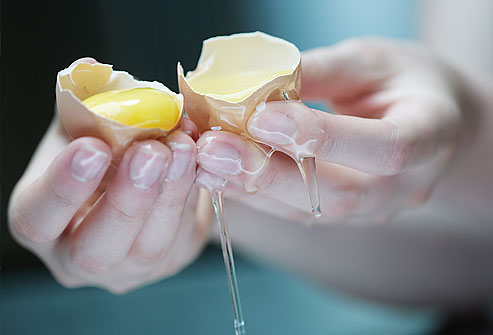Tomorrow’s USA Today runs competing editorials on the value of food safety audits, with the editorial board coming out swinging referring to the listeria-in-cantaloupe mess that killed at least 30 last year: “You’d think that the deadliest food-borne outbreak in nearly 90 years would change  the way business is done in the produce industry. No such luck.”
the way business is done in the produce industry. No such luck.”
“The first line of defense remains independent auditors hired by food producers to monitor their performance, much as companies hire outside auditors to certify their financial statements. But just six days before the Colorado outbreak, Jensen’s auditor gave the company stellar ratings.
“The system has an inherent conflict of interest: While retailers generally require audits before buying from a supplier, the suppliers often hire and pay the auditors who evaluate them. It’s like authors hiring their own book reviewers. A similarly flawed system contributed to the nation’s 2008 financial meltdown.
“In 2009, another major auditing firm, AIB International, gave the Peanut Corp. of America a ‘superior rating’ at its Texas plant even as it was churning out salmonella-tainted peanut paste. PCA’S products ultimately sickened 600 people and might have killed as many as nine.
“If retailers paid for audits, as a few do, there’d be more incentive for impartial audits. Retailers could also demand that auditors be assigned randomly to jobs from a pool. That, too, would reduce the conflicts.
“Outbreaks of food-borne illness have prompted change in the past, but only when industries have stepped up to take responsibility.”
The contender or defenderer, Bob Whitaker, chief science and technology officer for the Produce Marketing Association, writes “food safety has always been the highest priority for the people who grow, ship and sell our nation’s fresh fruits and vegetables. Recognizing there is no one solution, we take a holistic approach to food safety, constantly strengthening best practices, identifying knowledge gaps, creating new guidance on growing, handling and processing, and developing new ‘field to fork’ training programs.”
Point for the editorialists on writing effectiveness.
“It is already standard industry practice to rotate auditors to avoid potential familiarity issues. In some cases, it’s the buyer who actually chooses a grower’s auditing firm.”
Another point.
“The concerns about objectivity also assume that the only goal of the grower paying for the audit is to achieve a passing grade. Nothing could be further from the truth.”
And another.
“Audits, like other current safeguards, are one tool among many used to ensure the safety of our fresh produce. Further, audit results are routinely used to improve food safety performance.”
.jpg) What are the other tools?
What are the other tools?
“Everyone has a role in food safety. Rather than debate the merits of a single approach, let’s broaden the dialogue and work in partnership with industry, consumers and the government to set the framework to create more effective food safety solutions not only for today, but also tomorrow.”
Whitaker’s on the ropes resorting to the everyone-has-a-role routine. I have no idea how this applies to cantaloupe. He’s out.
While failing to shed much light, having a discussion in the editorial pages of USA Today may mean more shoppers will have heard of this food safety system called audits, and ask more questions before they plunk down their money.
